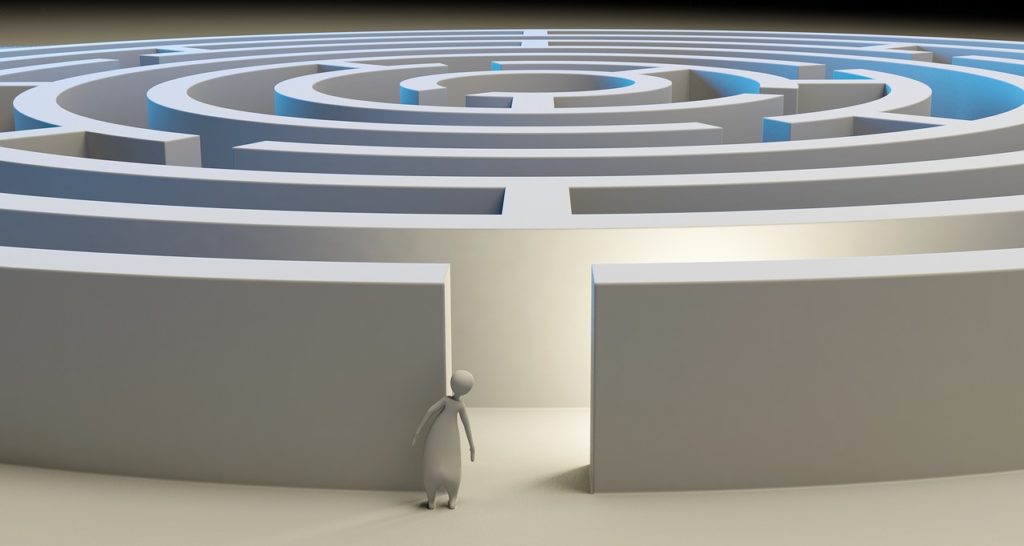“I’ve had the LINX™ implant for about 5 years now and recently began having sever pain after a large meal. Any ideas?”
Had LINX™ for GERD put in Dec 2017….problems taking a deep breath, especially after meals. Cleared by pulmonary Dr……..Does this improve or is removal necessary. FYI: still sleep elevated, but meds now PRN
A number of LINX™ patients report to Houston Heartburn and Reflux Center with unforeseen LINX™ related complaints several years after the procedure. The two most common complaints include pain and dysphagia. LINX™ device erosion comes first to our mind and is first rule out with a proper evaluation. Evaluation typically includes upper endoscopy, manometry and contrast study. Most LINX™ patients, however, have no abnormalities on the work-up to explain either symptom of pain or dysphagia. Manometry in particular shows good motility with normal basal and relaxing lower esophageal sphincter pressure. There is no stricture of distal esophagus to esophagus to explain dysphagia and contrast study shows normal contrast emptying from esophagus into stomach.
There are no studies in the literature explaining the etiology of dysphagia and pain years after LINX™ placement and in the setting of normal upper endoscopy and manometry. Few studies have shown pain resolution after LINX™ removal. The etiology of pain may be related to vagal nerve compression by LINX™ magnets. Scar tissue formation and nerve entrapment may also irritate the vagal nerve and cause pain. Dysphagia may result from decreased compliance of the gastroesophageal junction area. Patients do not typically respond to balloon dilation and do not improve after LINX™ removal.
As of now, we don’t have a good explanation for these long-term complications of LINX™ procedure for treatment of heartburn and acid reflux. Studies are needed to better elucidate the problem. Nissen fundoplication, in expert hands, remains a much safer and more effective alternative to LINX™ for the management of GERD.

